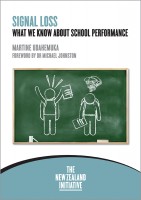
Signal Loss: What we know about school performance
It is hard to improve without knowing what better and worse performance look like. Teachers grade students, but who grades the graders? Read more


It is hard to improve without knowing what better and worse performance look like. Teachers grade students, but who grades the graders? Read more
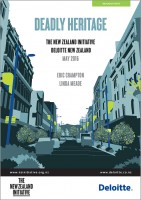
Wellington’s heritage buildings make the city beautiful, but dangerous. This joint report by Deloitte New Zealand and The New Zealand Initiative looks for ways that Wellington can balance earthquake readiness and sensitivity to the city’s heritage character. Read more
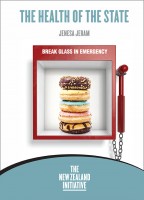
Lifestyle regulations assume people do not always act in their best interests. The Health of the State warns against policies designed to protect people from themselves. Read more
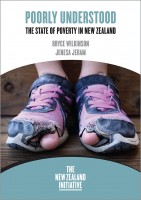
Poorly Understood recognises that poverty is a complex and multi-faceted issue. It presents an overview of poverty-related issues: its definitions; its measures; its causes; and its history. Read more
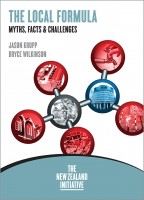
All citizens and businesses interact with local government on a regular basis, either through the services they consume or the infrastructure they use. These authorities build and maintain local roads, provide potable and waste water infrastructure, pick up rubbish, and act as agents for resource use and the environment. Read more
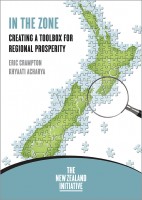
"Different strokes for different folks". So goes that famed line from Sly & The Family Stone’s 1969 hit, Everyday People. Read more
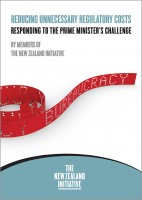
In March this year, the Prime Minister spoke at our members' retreat in Auckland. Members took the opportunity to express concerns about specific regulatory imposts for which there seemed to be inadequate justification. Read more
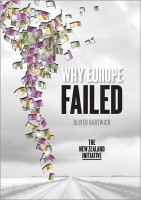
Over the past years, we have become used to Europe's debt crisis. However, the fiscal problems of countries such as Greece are only the tip of the iceberg. Read more
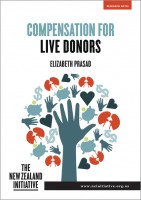
Improving compensation for live organ donors is a rare opportunity to save and improve lives, whilst also saving the government money over the longer term. Elizabeth Prasad demonstrates that every kidney transplant provides recipients with longer and better lives, while being much cheaper than dialysis. Read more
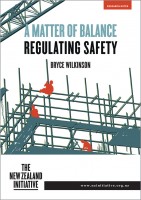
The construction industry has made some substantial and laudable moves towards better safety practices. But recent changes in WorkSafe regulations, mandating extensive and expensive scaffolding for roof repairs and new builds adds, indicatively, from two to seven thousand dollars per project. Read more

This report documents the 15-year history of the Numeracy Development Project (the Numeracy Project), a nationwide centrally devised approach for improving maths. The Numeracy Project existed officially as a professional development (PD) programme for teachers in most primary schools in New Zealand between 2000 and 2009. Read more
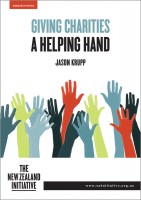
Charities play an important role in our society, delivering a range of social services to numerous communities and causes. Their good work is recognised by the government, which confers a range of privileges to them, such as an income tax exemption, and the state also provides a significant portion of the sector’s funding. Read more
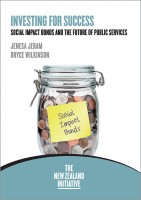
This report explains the concept of Social Impact Bonds (SIBs), its application worldwide, and its potential in New Zealand. SIBs are a new and innovative means of financing and delivering social services through the private sector, where the government usually only pays for what works. Read more

This is the second and final report in The New Zealand Initiative’s series on the mineral estate and the regulatory landscape that surrounds it. The first report, Poverty of Wealth, examined the situation where rural economies, under pressure from ongoing urbanisation and increased global competition, have largely failed to exploit the mineral wealth at their disposal as a means of stemming this decline. Read more
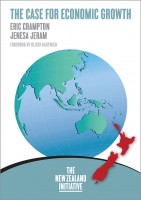
Why should policy focus on economic growth? The Case for Economic Growth provides the New Zealand Initiative’s answer. Read more